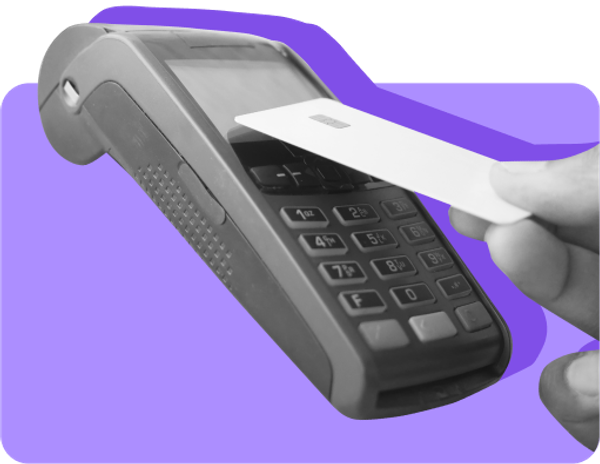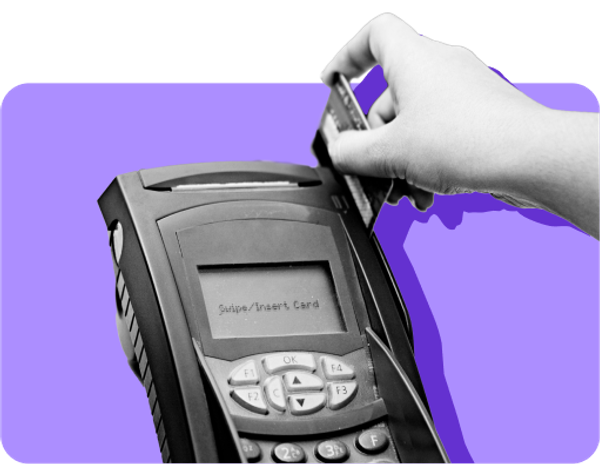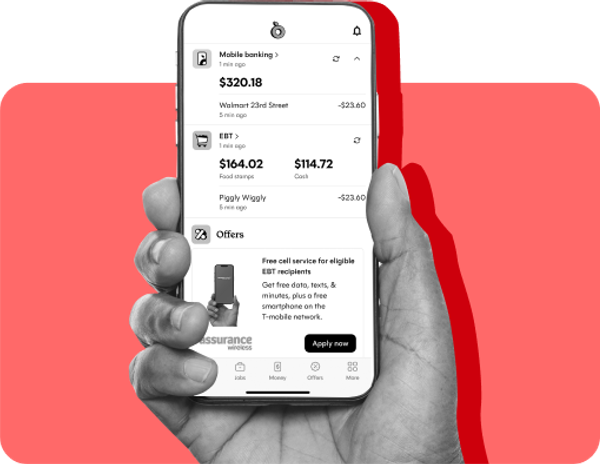Do your SNAP benefits go up when you’re pregnant?
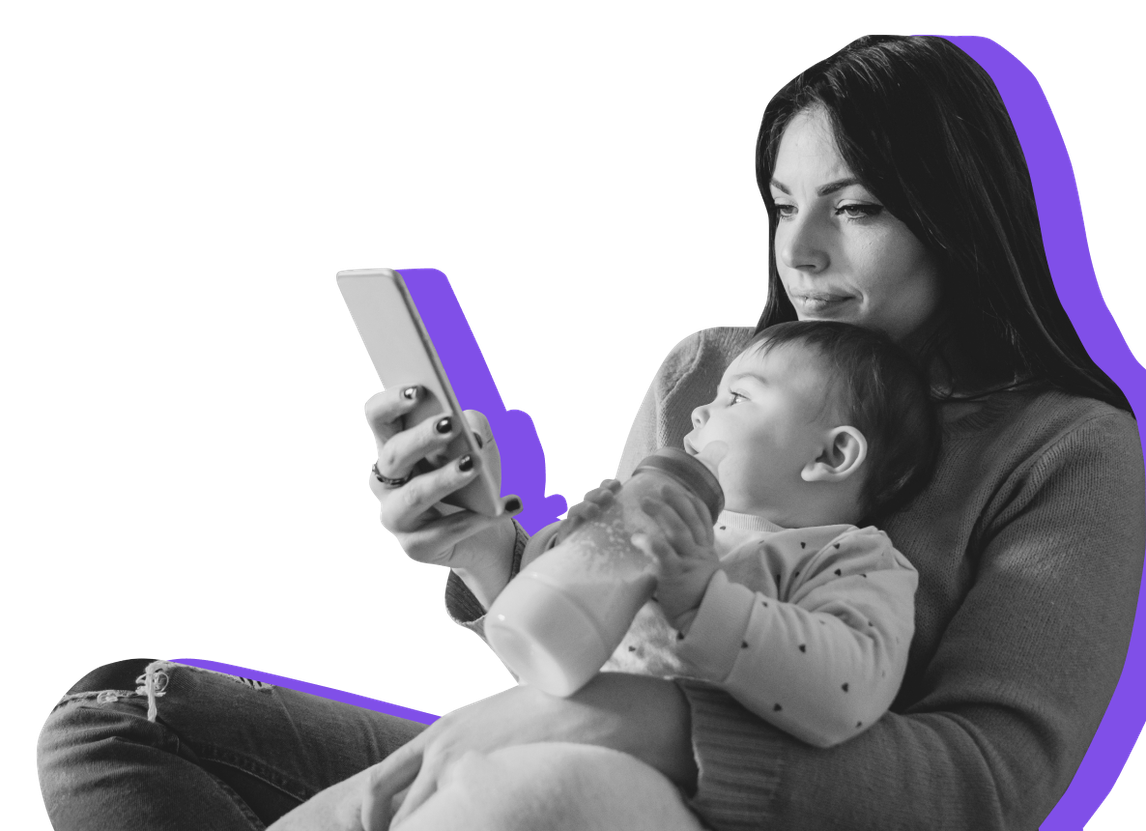
No, your SNAP benefits ( also called food stamps) won’t go up when you become pregnant—but they will once your baby is born. SNAP benefits are calculated based on your household income and the number of people in your household.
While you're pregnant, your unborn child doesn't count toward your household size for SNAP.
Make sure you let your SNAP office know when your baby is born so that they can be added to your household, which typically means your monthly benefit amount will increase too.
If you’re pregnant and already receive benefits, you likely qualify for WIC, which offers special assistance for people who are pregnant or caring for children under age five.
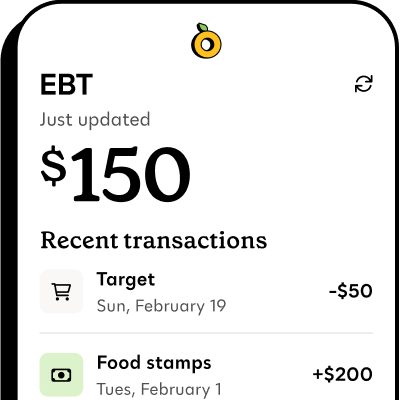
Propel is the #1-rated EBT balance checking app
Can I add an unborn baby to my SNAP case if I’m pregnant?#can-i-add-an-unborn-baby-to-my-snap-case-if-im-pregnant
No, you cannot add your unborn child to your SNAP case. SNAP household size is defined as everyone who lives together and purchases and prepares meals together, and the federal rules don't count unborn children as household members for SNAP.
Your household size will only increase once your baby is born. At that point, you'll need to report the birth to your SNAP office and update your case.
This change will likely increase your monthly benefit amount since benefit calculations are based on both your income and household size.
What to do when your new baby is born#what-to-do-when-your-new-baby-is-born
- Contact your SNAP office as soon as possible after your new baby is born
- Your caseworker will let you know what documentation is needed to add them to your household
- Your benefits will be adjusted to reflect the larger household size
What about WIC?#what-about-wic
The Special Supplemental Nutrition Program for Women, Infants, & Children (usually shortened to WIC) is similar to SNAP, but specifically provides monthly food benefits for pregnant individuals.
The WIC program offers nutritious foods, education about healthy eating, breastfeeding assistance, and connections to other community resources for pregnant individuals, new parents, and young children.
You can receive both SNAP and WIC benefits at the same time. Plus, SNAP recipients automatically meet WIC’s income requirements if they are pregnant, recently postpartum, or caring for a child under five.

Balance your grocery budget and get access to deals with Propel
Can I be eligible for SNAP if I’m on maternity leave?#can-i-be-eligible-for-snap-if-im-on-maternity-leave
Yes, you can be eligible for SNAP while on maternity or parental leave. Your eligibility depends on your household's total income and size, not your employment status.
If you're on unpaid maternity leave and your household income has dropped, you may actually become eligible for SNAP benefits for the first time, or qualify for a higher benefit amount.
Temporary changes in income—like taking unpaid leave—can affect your SNAP eligibility or benefit amount.
If you're receiving reduced pay or no pay during leave, report this income change to your SNAP office and make sure you’re getting the amount you deserve.
Do I have to meet SNAP work requirements if I’m pregnant?#do-i-have-to-meet-snap-work-requirements-if-im-pregnant
No, if you're pregnant, you're exempt from SNAP work requirements. These are rules that require SNAP recipients to work or volunteer at least 20 hours per week or participate in training programs to keep getting their benefits.
Pregnant people are specifically exempt from the work-reporting requirement that applies to able-bodied adults without dependents (ABAWDs), but the exemption applies to the general work requirements too. There are no time limits on SNAP benefits during pregnancy.
Remember: If your income changes during pregnancy—whether from reduced work hours, unpaid leave, or job loss—report these changes to your SNAP office. Changes that lower your income could increase your benefit amount.


